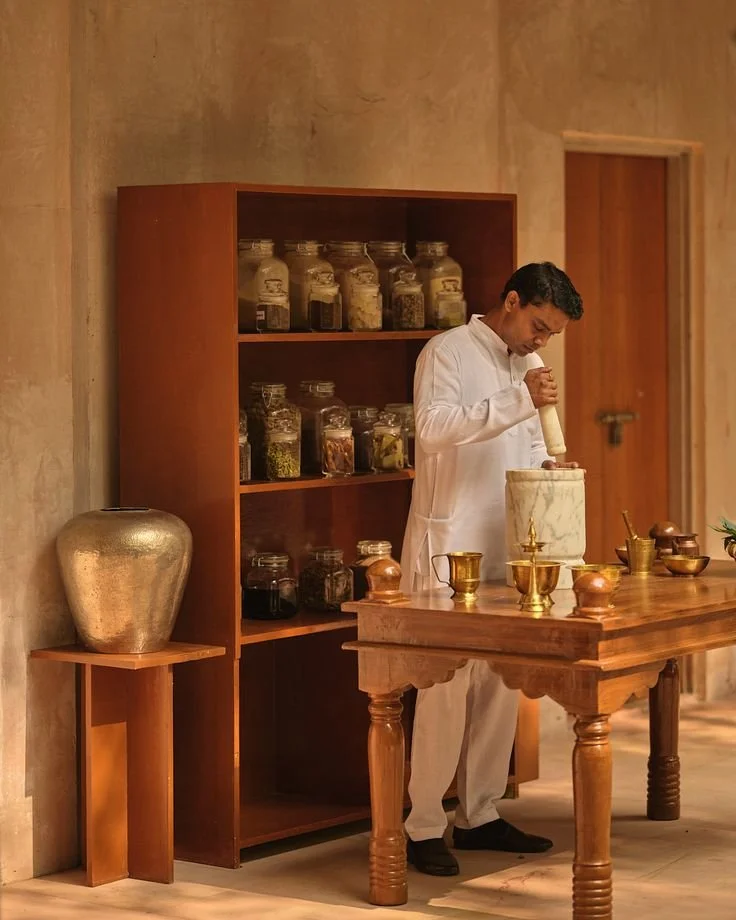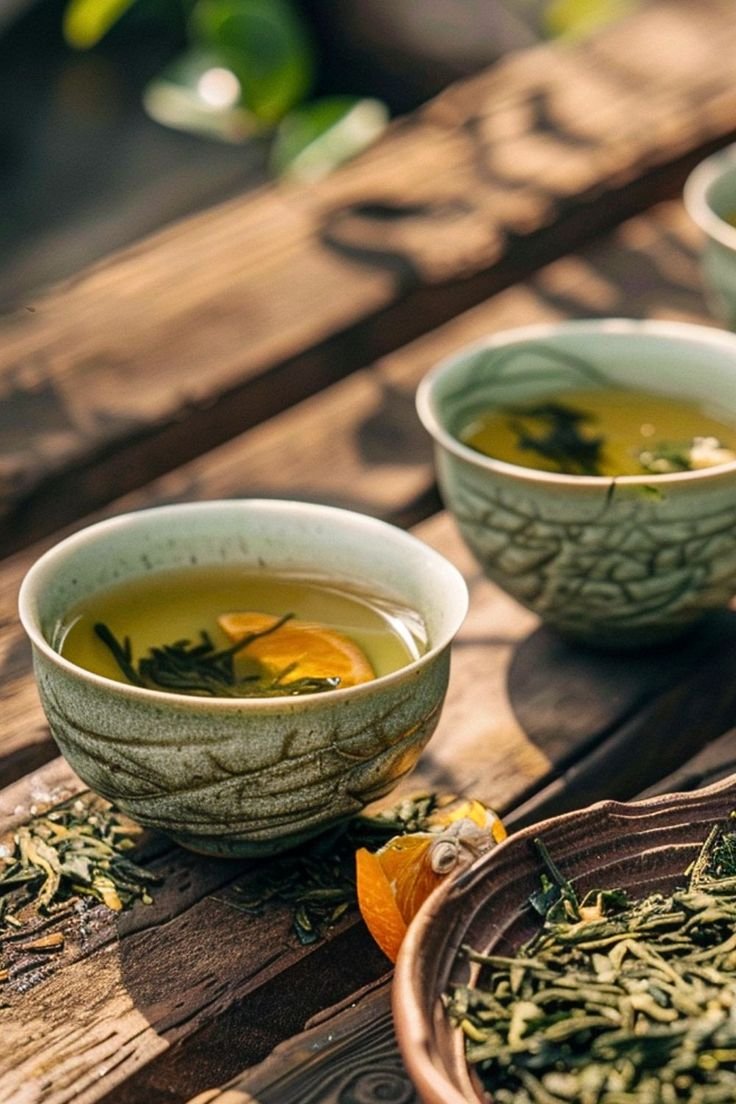Mindfulness And Seniors: A Guide To Emotional Wellness
Is it truly possible to feel calm, centered, and emotionally strong as we age? The answer is yes—and one of the most effective ways to achieve this is through mindfulness. For many seniors, the golden years bring a mix of joy and challenge. Changes in health, lifestyle, and social circles can affect emotional well-being, often leading to stress, anxiety, or feelings of uncertainty.
Mindfulness offers a gentle, accessible path to emotional balance. It’s the practice of being fully present in the moment, with kindness and without judgment. For older adults, this simple yet powerful habit can reduce stress, enhance mood, and restore a sense of peace and clarity.
In this guide, we’ll explore how mindfulness supports emotional wellness in seniors and introduce easy techniques that anyone can try—no special tools or experience required.
No. 1
Understanding Mindfulness for Seniors
Mindfulness is the art of focusing your attention on the present moment—without distraction or judgment. For seniors, this practice can be especially comforting, as it encourages awareness of thoughts, emotions, and surroundings in a calm and accepting way.
This gentle awareness helps reduce worry and brings a sense of emotional stability. Even a few minutes of mindful breathing or quiet reflection each day can support mental clarity and inner peace.
The beauty of mindfulness is that it’s simple and accessible. Seniors don’t need any special equipment or training to begin. Just a quiet moment and an open mind can be enough to make a meaningful difference.
No. 2
Reducing Stress Through Simple Breathing
One of the most effective mindfulness techniques is deep breathing. It’s easy to learn and can be practiced anywhere. Deep, intentional breaths help calm the nervous system, lower stress levels, and clear the mind.
Seniors can start by sitting comfortably, inhaling slowly through the nose, and exhaling gently through the mouth. Repeating this for a few minutes can ease tension, improve focus, and even promote better sleep.
Breathing exercises are especially helpful during moments of anxiety or restlessness. With regular practice, they can build a lasting sense of calm and emotional resilience.
No. 3
Staying Present with Everyday Tasks
Mindfulness doesn’t have to involve meditation or stillness. It can be seamlessly integrated into daily routines. Seniors can practice mindfulness by giving full attention to simple tasks such as brushing their teeth, folding laundry, or enjoying a meal.
These everyday moments become opportunities to pause and notice the details—the texture of a towel, the aroma of food, the rhythm of movement. This focused awareness helps quiet the mind, reduce mental clutter, and enhance emotional clarity.
By staying present during routine activities, seniors can find more joy and meaning in their day-to-day lives. It’s a small shift that can lead to significant emotional benefits.
Vitacost
Save big on vitamins, supplements, and healthy essentials at Vitacost – your one-stop shop for wellness!
No. 4
Using Social Activities to Support Calm
Mindfulness can also be cultivated through social interaction. Group activities like gentle yoga, walking clubs, or social games for older adults provide opportunities for present-moment awareness in a relaxed, enjoyable setting.
These shared experiences foster connection, reduce feelings of loneliness, and encourage mindfulness through movement and conversation.
Seniors who participate in mindful group activities often report feeling more emotionally balanced and uplifted. The key is to choose activities that bring joy and allow space for reflection and connection.
No. 5
Practicing Gratitude and Reflection
Gratitude is a powerful component of mindfulness. Focusing on what’s good in life—even the small things—can shift attention away from stress and toward appreciation.
Seniors can begin by writing down three positive things each day or reflecting on cherished memories. This simple practice can be done in a journal or during quiet time.
Over time, gratitude and reflection help build a more optimistic mindset, strengthen emotional resilience, and add depth and meaning to daily life.
No. 6
Explore These Mindfulness Practices for Seniors for Their Emotional Wellness
Mindfulness is a gentle yet transformative tool for seniors seeking emotional balance. It supports stress management, enhances mental clarity, and brings a renewed sense of joy and purpose to everyday life.
Whether through breathing exercises, mindful movement, gratitude journaling, or social engagement, there are countless ways to begin. Just a few minutes of mindfulness each day can lead to lasting emotional wellness.
It’s important to remember that mindfulness isn’t about perfection. It’s about being present—with kindness, patience, and an open heart.
Takeaways
Emotional wellness is a vital part of healthy aging, and mindfulness offers a simple, effective way for seniors to nurture it. Through small, intentional moments of awareness, older adults can find peace, clarity, and connection—even in the face of life’s changes.
From deep breathing and daily routines to gratitude and group activities, mindfulness provides a flexible, accessible path to emotional strength. It’s never too late to begin.
We hope this guide has inspired you or a loved one to explore mindfulness as a meaningful part of daily life. For more helpful insights and wellness tips, be sure to explore the other articles on our blog.
Looking for Wellness resources?
Are you looking to enhance your wellness routine? Explore our wellness partners who offer a wide range of resources to support your journey toward holistic living and well-being.































